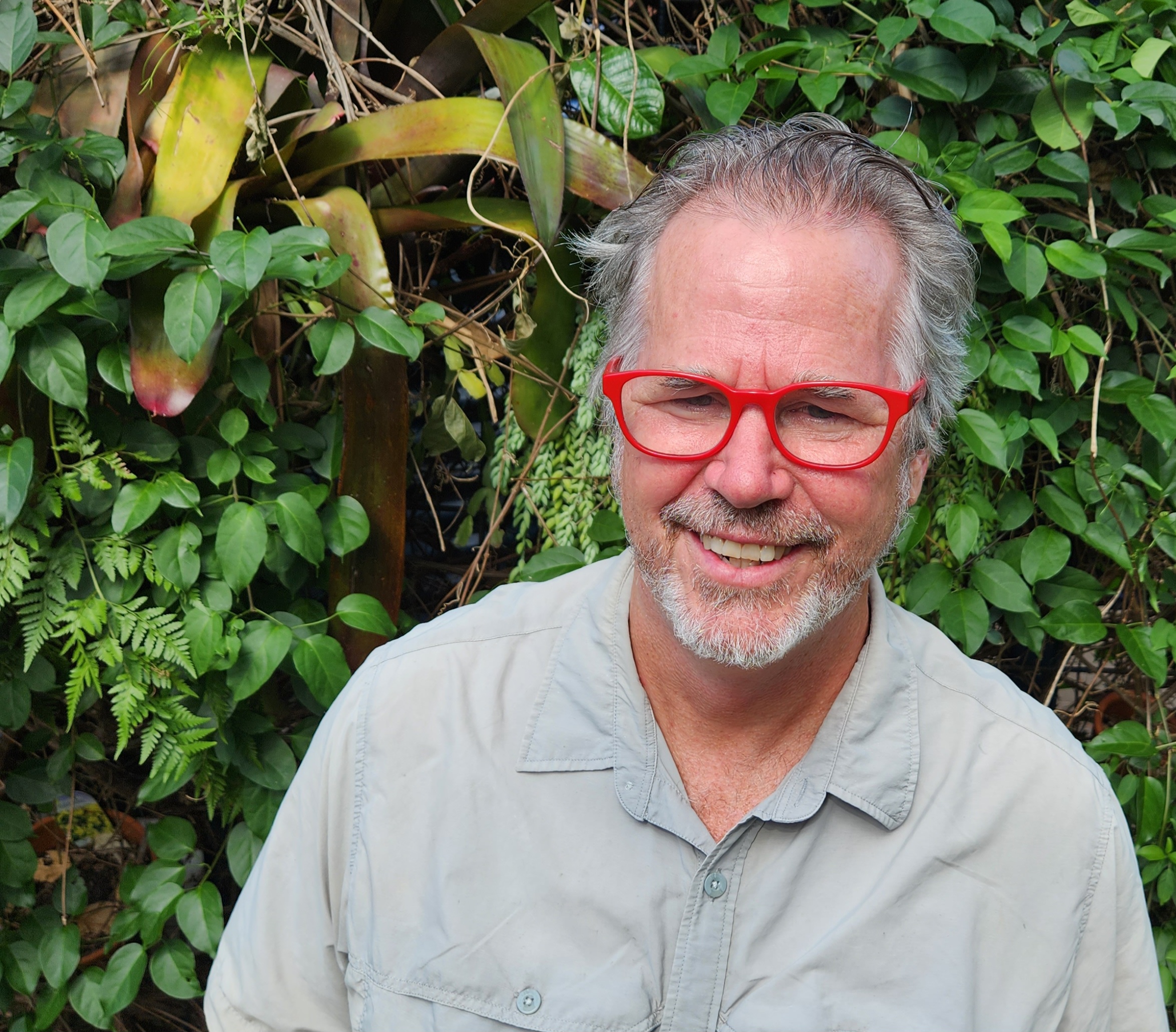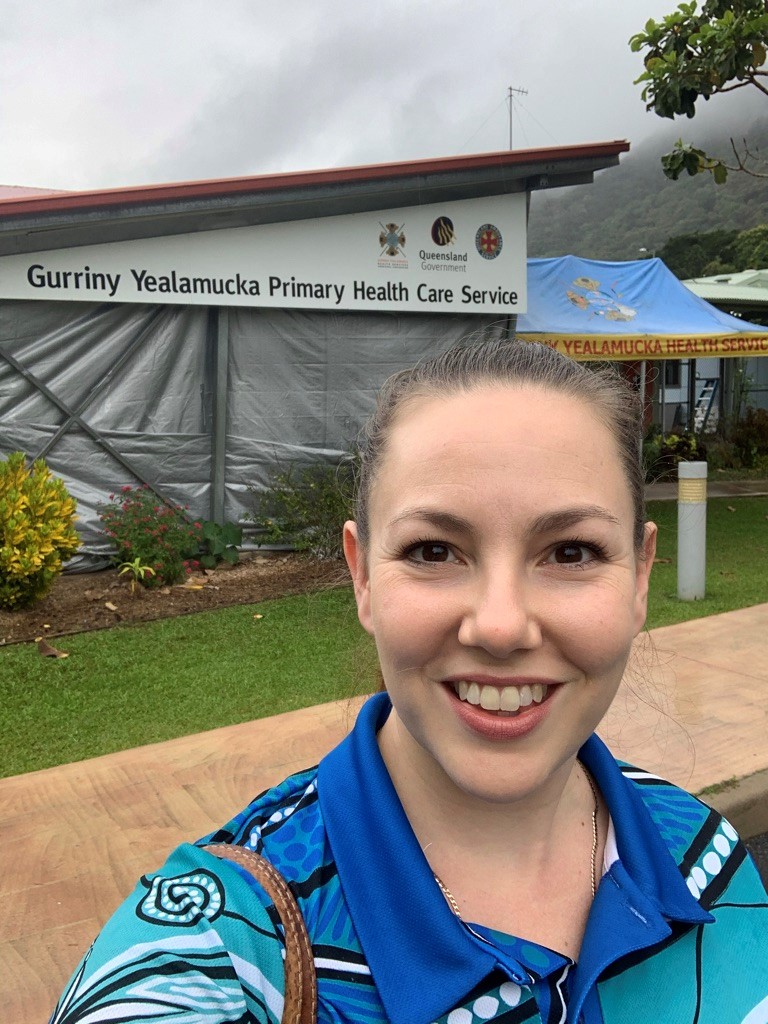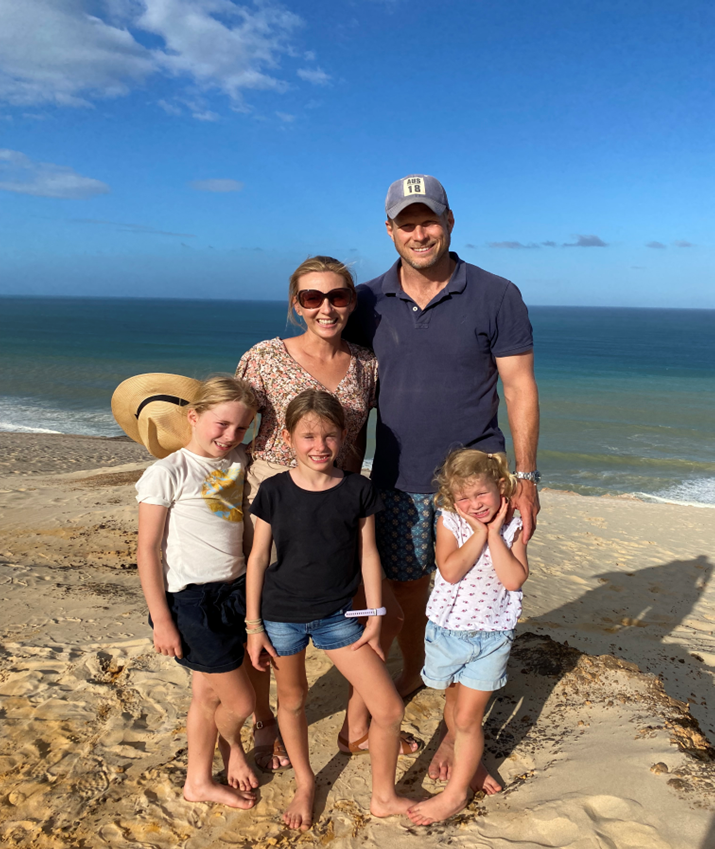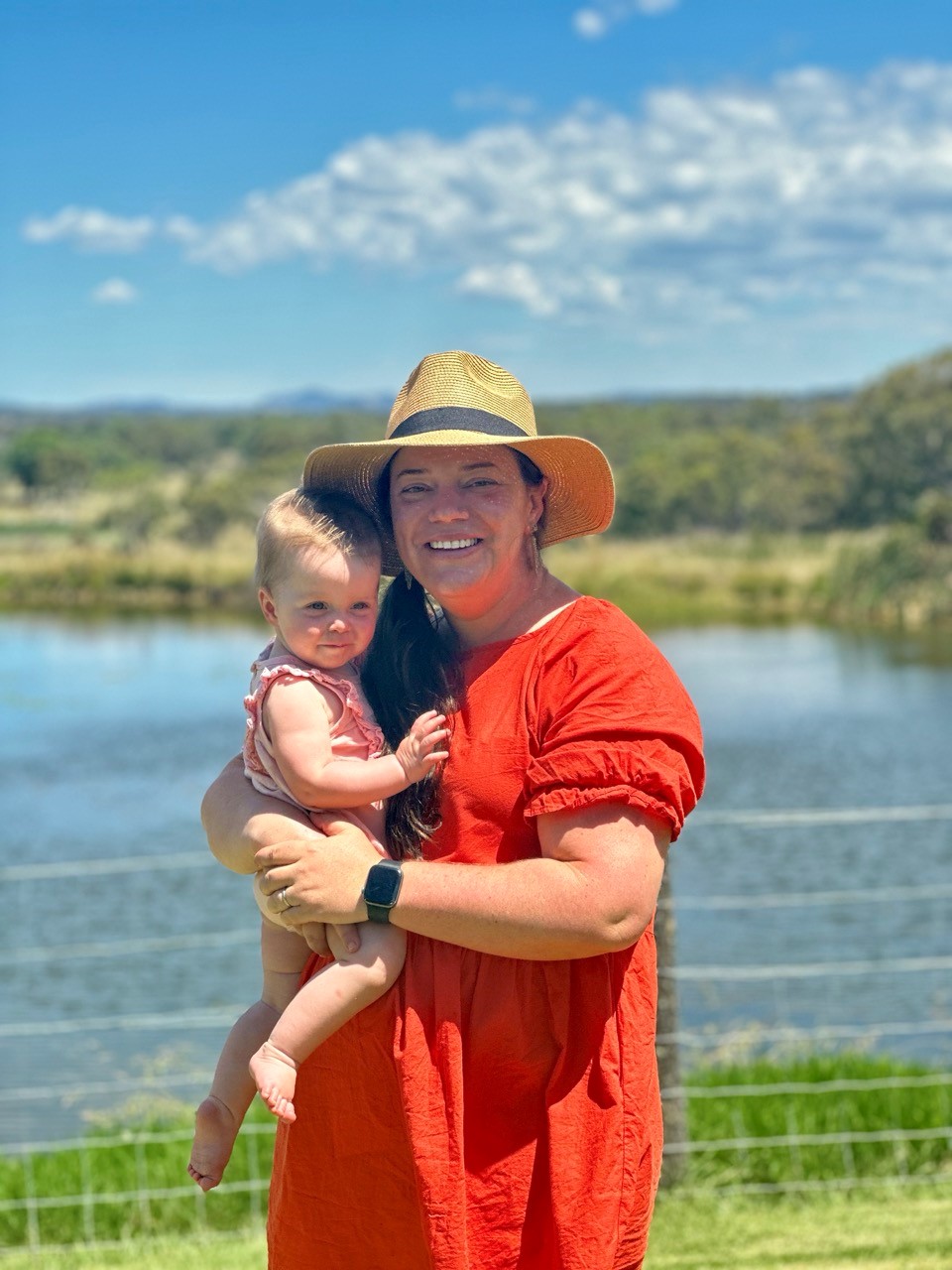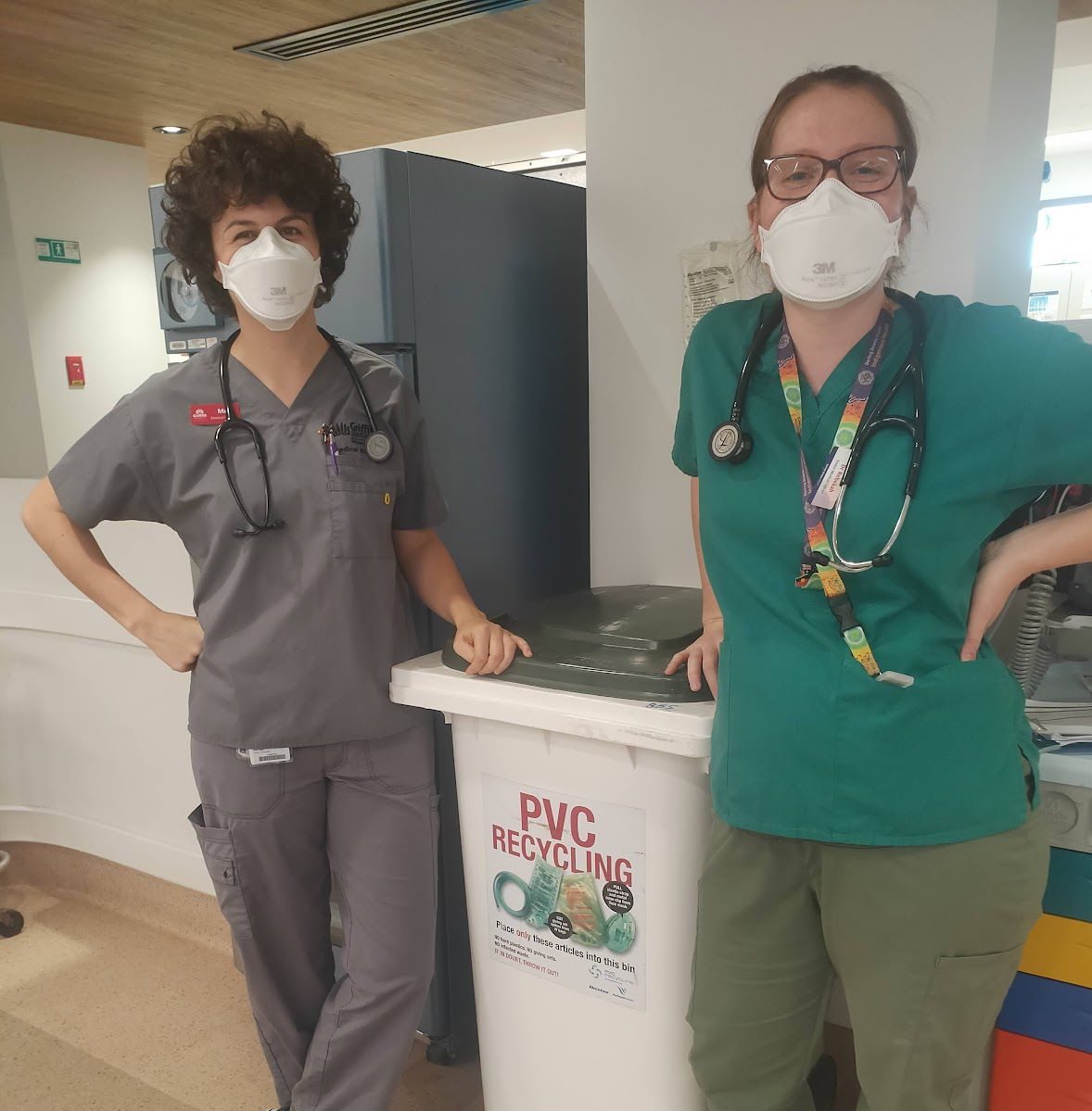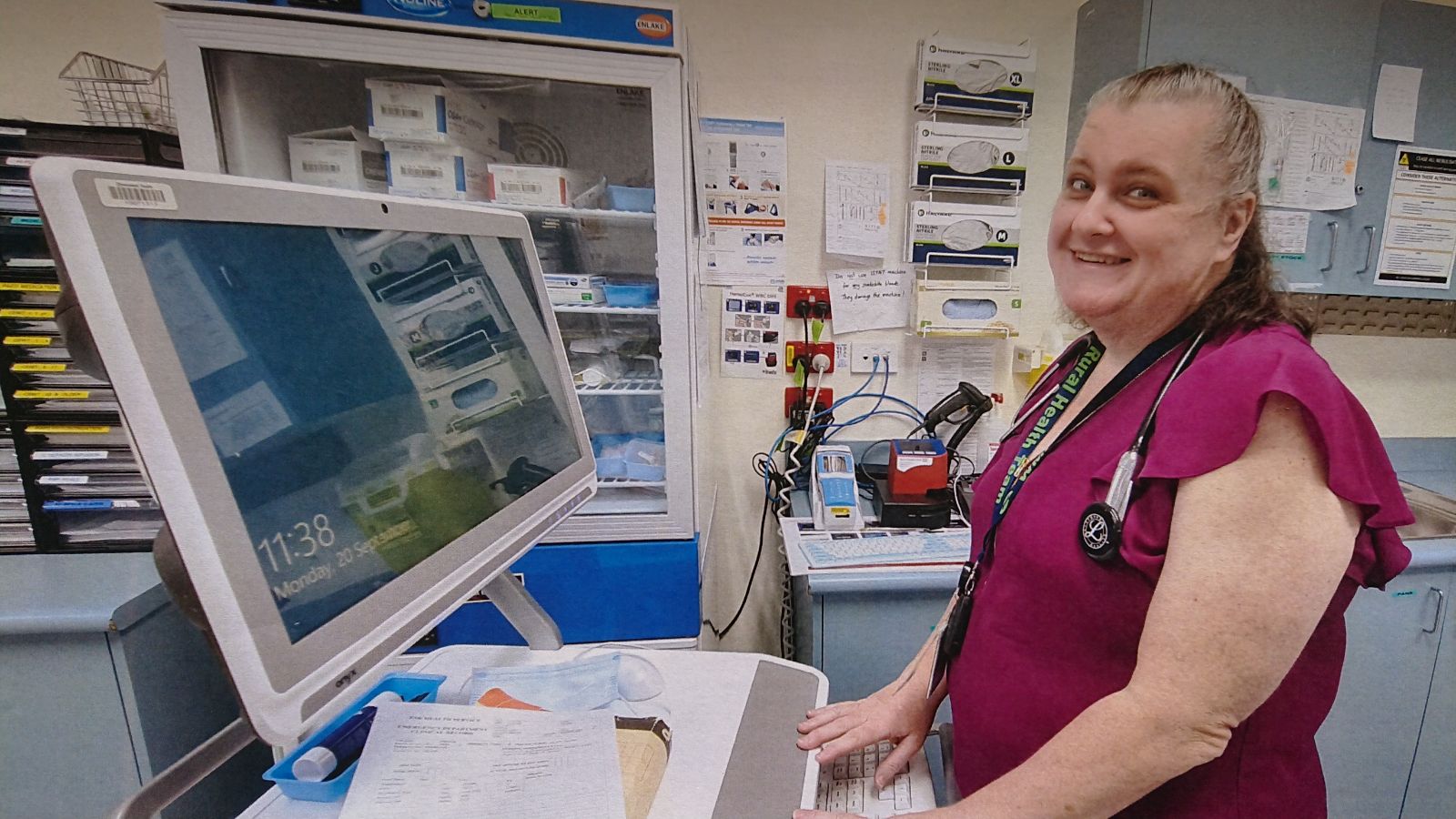Visiting Rural Generalist | Taroom (Imam Country)
Director and Co-Founder | Violence Prevention Australia (VPA)
*Content warning: this article discusses violence. If you are in need of help please call Lifeline 131 114.
Dr William (Bill) Liley is a Rural Generalist providing visiting medical services in Taroom, Central Queensland. He is also the founder of Violence Prevention Australia which aims to provide resources and tools for clinicians to engage in violence prevention discussions in primary care and other healthcare settings.
Bill first studied physiotherapy, but his passion for rural health fuelled his desire to pursue medicine.
“My first job after university, was as a sole physiotherapist in a small rural town. The local GPs were inspiring; I knew I wanted to pursue medicine, but life got in the way! Twenty years passed before I finally commenced medical school. In second year, I can remember sitting in a park in Dalby where we got out a map of Queensland. I highlighted every town looking for a doctor and stopped when we realised every town in Queensland needed medical services. I think the need is even greater now”.
A domestic violence situation in a small rural town created an interest in domestic violence prevention in primary care settings.
“I was inspired to start a community health project creating a short useful violence prevention resource for patients which led to an opportunity to participate in a TEDx JCUCairns presentation in 2016.
Bill was approached by the Rural Doctors Association of Queensland (RDAQ) to create content explaining how other doctors might use the violence prevention ideas. Financial support from the Australian College of Rural and Remote Medicine (ACRRM) enabled him to create domestic violence educational resources. With some other enthusiastic community educationalists, he established the not-for-profit Violence Prevention Australia (VPA) Inc. in 2018 to develop resources like C-10 (The Cooktown Ten), In Safe Hands (launched at 2019 RDAQ Conference), and promote the Period of PURPLE Crying Program.
“The C-10 is a systems model showing the forces and choice points before an act of violence takes place, or if a pattern of coercive control has been established. The C-10 has been published and presented in Australia and throughout USA at several conferences and reviews. Within the In Safe Hands package, any clinician can view the 12-minute video, then use the C-10 model within their scope of practice to help understand and add structure to complex problems of violence between folks with prior relationships. Our hope is that this will enable clinicians and those in health and wellbeing workspaces to talk about violence prevention in their contexts.”.
“I would love to adapt the resource for each developmental group; pre-schoolers, early primary, middle schoolers and highschoolers with future funding. We’d also love to expand the acceptance of the Period of PURPLE Crying Program, one of the few (maybe the only) primary prevention programs with level three evidence of its effectiveness. This program is a prevention program for all parents and carers of infants, delivered in the first two weeks of life to teach crying, soothing, and coping strategies to prevent inflicted head injury in the under twos age group. The Period of PURPLE Crying Program was an inspiration for the more generic C-10 model”.
Violence Prevention Australia’s objective is to make violence prevention easier to speak about and manage in primary care and other health and wellbeing settings, by providing resources to clinicians without a barrier of cost.
Our goal is consistent with:
- The Our Watch approach
- The recent Australian Government’s ten-year plan to prevent violence against women in Australia.
- The Royal Australian College of General Practitioners (RACGP) response resource The White Book, now in its 5th edition and the only freely available RACGP resource.
- The Australian College of Rural and Remote Medicines’ (ACRRM) Rural Doctors Family and Domestic Violence Education Package.
The government’s ten-year plan calls for both corporate and community engagement in the project of violence prevention. “All doctors, especially rural doctors, operate within both corporate entities and in communities at all stages in their work. All of us sees, knows, and quite likely loves someone who has experienced violence or is currently living in a violent situation. This might even be any one of us”.
“So, the skinny is this; violence must be prevented before it starts or it’s too late. You can never go back to a time before violence has emerged. In rural contexts, the local doctor is a significant resource for public health. All clinically useful prevention models need to keep focus on the person choosing violence, highlighting the choice points in their path. Awareness and insight are very human capacities, and choices to violate someone you know, or are near, must be better understood if those choices are to be prevented. We all can play a role in engaging in prevention efforts”.
VPA intends to keep growing organically and practise what they advocate. “We are continually seeking funding and supporting partners. Ideas and volunteers are also very welcome”.
Bill also really enjoys his time in Taroom. “The work has proven to be enjoyable combination of small setting rural and remote, all ages community care, in a socially supportive work environment which is both stable and sustainable. The local community is unique in many ways with complex social and cultural heritage and history, where my skills appear to be useful and appreciated by the community. I claim we have the best coffee about 3 hours north of Gundy!”.
The service model in Taroom is two rotating Visiting Medical Officers who work a 2-week on, 2-week off, alternating roster.
“A typical day starts at 8am with a pathology check, ward round and plans for any inpatients, then clinics from 9am. There is an evening ward round if any inpatients require an evening review. As a Rural Generalist it’s always good to have some night work where our specialty comes into its own. There are skin excisions most weeks, ATODs, mental health, chronic disease management, child health and acute illnesses to keep you on your toes, plus emergency visits. The on-call phone is a major part of the role. I also visit the Aged Care Facility twice a week, with the occasional home visit thrown in the mix”.
Although Bill has a busy schedule, he finds much enjoyment in the simple things in life. “As a solo practitioner on call 24/7 working alternating 2-week stints, the flexibility has allowed me and my partner to live on our small block in Gubbi Gubbi country many years earlier than our previous ‘we just have to wait until retirement’ plan. It’s a 6hr drive to Taroom, but the proximity means we can be close to our aging parents and some of our adult children and grandchildren. When I am not in Taroom, I enjoy the ongoing work of VPA, hanging out with the kids and grandkids, and rewilding and gardening at home. Hopefully there will be plenty more time for all these things”.
NoToViolence 1300766491
1800RESPECT 1800 737 732
FullStopAustralia 1800 385 578


